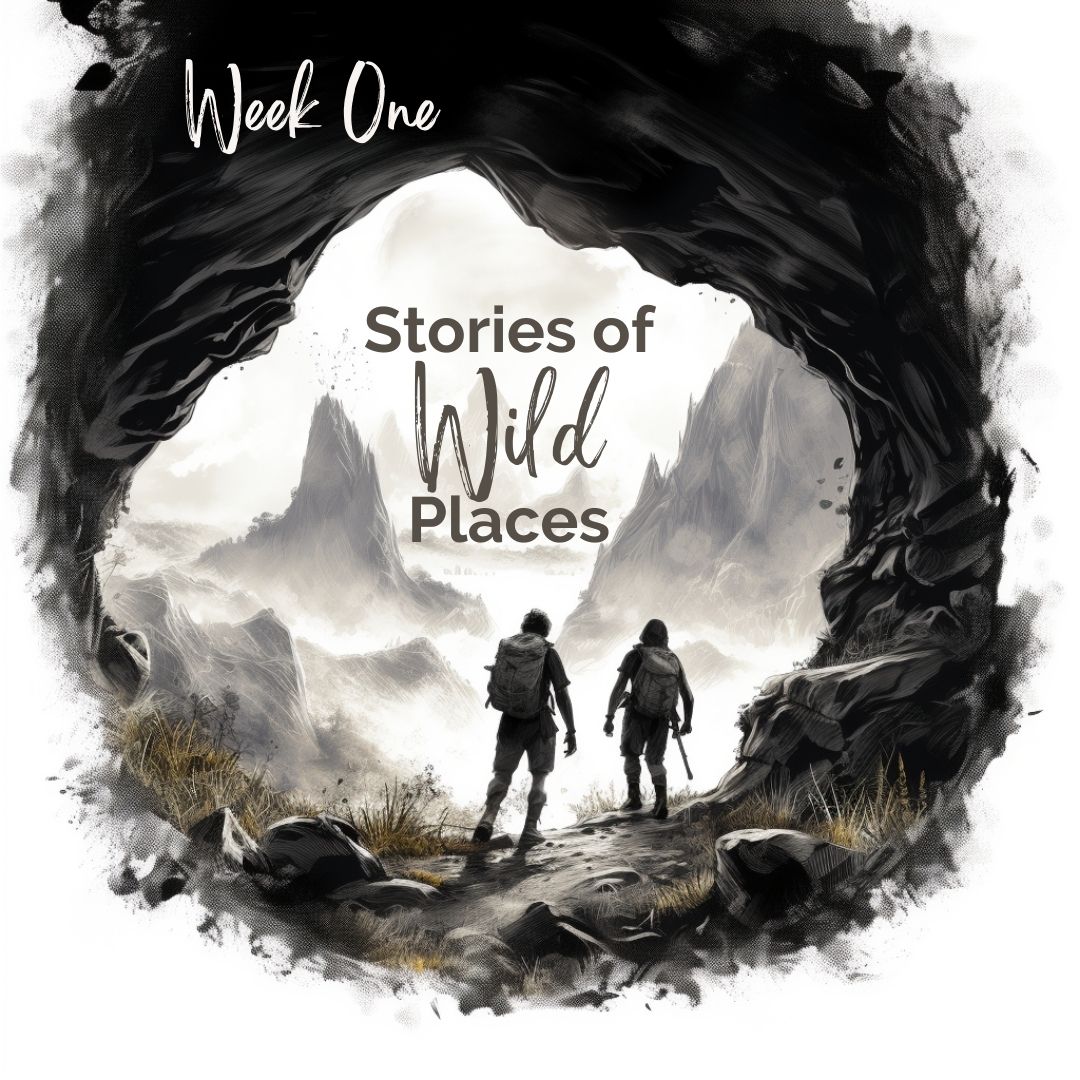Jesus
begins the Lenten journey—every year—by heading out to the wilderness and taking us along (Mark 1:9-15). The wilderness is often portrayed as an ominous and threatening place—avoid it at all costs. But what if it has a word for us, a message from God?
Because the Exodus sojourn in the wilderness became the single most important spiritual experience for Jews, Jesus goes into the wilderness. John lives in the wilderness. Prophets, reformers—anyone seeking to escape the cultural noise and hear an authentic word from God—all say, “Back to the wilderness!”
That’s because the Hebrew word for wilderness is midbar, a word that means “mouth, the organ of speech.” Its root is the Hebrew verb dabar, which means “speaking.” So the wilderness is something that speaks to us, carries a message for us.*
What if we understood our wilderness wanderings not as failure or as punishment but as a voice, an immersion in divine speech? What if the pain is speaking to us, the tears are teaching truth, the depression is whispering enlightenment, the anxiety is murmuring a message, the fear is rumbling wisdom?
Most of us don’t have to be “driven” into the wilderness. We are already there, looking for a way out. What if we stopped to listen?
*Victoria Loorz makes this remarkable word discovery in her book, Church of the Wild, p. 61.
COMPANIONS ON THE WAY
Introduction
Stories of Turning
Week One
Stories of Wild Places
Week Two
Stories of Dogged Faith
Week Three
Stories of Mercy & Forgiveness
Week Four
Stories of Simplicity & Joy
Week Five
Stories of Prayer & Surrender
Week Six
Stories of Transforming Love

Thanks, David. Wilderness is full of the unexpected – maybe that’s why I need to be there to hear God’s voice. It may be the straightest route through what I think God should be saying to me to what God is saying to me.
Yes, it usually takes a little while, and a little wandering to get from we think SHOULD be happening to get to what IS.
David I love the perspective here…I think our wilderness moments are indeed the voice. So often we’re just not wise enough to stop and listen. Thank goodness our Lenten journey makes space for us to do so. Loved seeing you and Pam last Sunday. I keep thinking about your sermon and that snowboarding adventure! Thanks for sharing your love and wisdom with us once again. It was a gift to have you with us, and I’m grateful your meditations will be company for our Lenten journey as well!
We LOVED being back at Saint Luke’s, seeing you and so many old friends.
David, please send me that snowboarding sermon.
Which reminds me to say that, in addition to your beautiful meditations, I always read the comments. And your response to the comments.
That section is a small group that keeps the discussion going.
Ok—that was a sermon on the Transfiguration…with a story about a nine year old boy snowboarding his way to a mountain top peak experience.
In a much different way, in the very early morning hours this Lent, I can imagine
I’m in a form of wilderness. I do feel the
Presence of the Savior & it’s the BEST time of QUIET minus the soil & rocks
beneath my feet & trees & fresh air along
the way, saved up for a walk later each day
I won’t be afraid if I chance meeting the
Great (looking a bit scary) big John the
Baptist. I wonder what the Locusts & wild honey tasted like?
❤️Julie🙏
Thanks, Julie—and love your wilderness time with the Savior this Lent.
I’m reading another Lenten book and the wilderness is depicted as all the obstructions between me and God. I can see how, with both views, God uses those obstructions to speak to me, and “work them to my good” if I will listen. He is the space clearer with my “yes.”
It’s not either/or. The wilderness is both full of obstruction and suffering AND resonant with a voice from heaven.